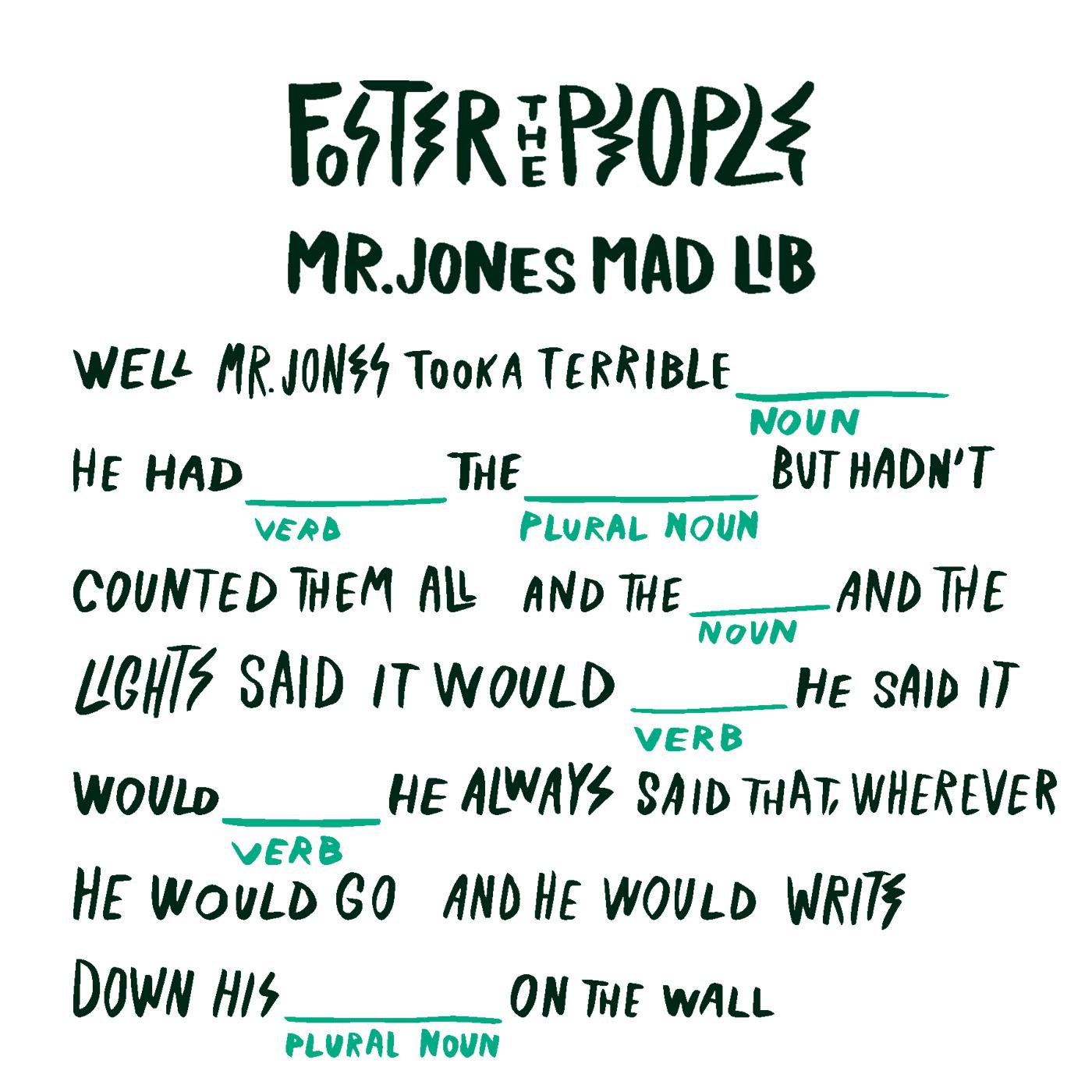"Understanding the Benefits of FHA Loans vs. Conventional Loans: Which is Right for You?"
Guide or Summary:FHA LoanConventionalFHA LoanConventionalWhen it comes to securing a mortgage, prospective homebuyers often find themselves weighing the pro……
Guide or Summary:
FHA Loan
Conventional
When it comes to securing a mortgage, prospective homebuyers often find themselves weighing the pros and cons of various loan options. Two of the most popular choices are the FHA loan and the conventional loan. Each has its unique features, benefits, and eligibility criteria, making it essential for buyers to understand their options before making a decision. In this article, we will delve into the nuances of both FHA and conventional loans, helping you determine which might be the best fit for your financial situation and homeownership goals.
### What is an FHA Loan?
The Federal Housing Administration (FHA) insures FHA loans, which are designed to help lower-income and first-time homebuyers qualify for mortgages. One of the primary advantages of an FHA loan is its lower down payment requirement, which can be as little as 3.5% of the home's purchase price. This makes it an attractive option for individuals who may struggle to save for a larger down payment.
FHA loans also have more lenient credit score requirements compared to conventional loans. Borrowers with credit scores as low as 580 may qualify for the 3.5% down payment option, while those with scores between 500 and 579 can still secure a loan with a 10% down payment. This flexibility opens the door for many potential homeowners who might otherwise be unable to secure financing.

Another significant benefit of FHA loans is the ability to include certain closing costs in the loan amount, further reducing the upfront financial burden on buyers. Additionally, FHA loans are assumable, meaning that if you sell your home, the buyer can take over your mortgage under the same terms, which can be an attractive selling point in a rising interest rate environment.
### What is a Conventional Loan?
Conventional loans, on the other hand, are not insured or guaranteed by any government agency. They are typically offered by private lenders and can come with stricter credit score requirements and down payment expectations. To qualify for a conventional loan, borrowers generally need a credit score of at least 620, and the minimum down payment can range from 3% to 20%, depending on the lender and the borrower's financial profile.
One of the key advantages of conventional loans is the potential for lower overall costs. Because they are not backed by the government, they often come with fewer fees and lower mortgage insurance premiums compared to FHA loans. Borrowers who can afford a larger down payment may also benefit from avoiding private mortgage insurance (PMI), which is typically required for down payments of less than 20% on conventional loans.

Conventional loans also offer more flexible terms, including adjustable-rate options and various repayment periods. This flexibility can be appealing to borrowers who want to tailor their mortgage to their specific financial situation and long-term goals.
### FHA Loan vs. Conventional: Which is Right for You?
When deciding between an FHA loan and a conventional loan, several factors should be considered. If you are a first-time homebuyer with a limited budget and lower credit score, an FHA loan may be the best option for you. The lower down payment requirement and more lenient credit criteria can make homeownership more accessible.
Conversely, if you have a higher credit score and can afford a larger down payment, a conventional loan may be the better choice. The potential for lower overall costs and the ability to avoid PMI can lead to significant savings over the life of the loan.

Additionally, consider your long-term plans. If you intend to stay in your home for a long period, the benefits of a conventional loan may outweigh those of an FHA loan. However, if you plan to move within a few years, the lower upfront costs of an FHA loan could be more advantageous.
### Conclusion
Ultimately, the decision between an FHA loan and a conventional loan depends on your individual financial situation, credit profile, and long-term homeownership goals. By understanding the key differences and benefits of each option, you can make an informed choice that aligns with your needs. Consulting with a mortgage professional can also provide valuable insights tailored to your specific circumstances, ensuring that you choose the best financing solution for your new home.